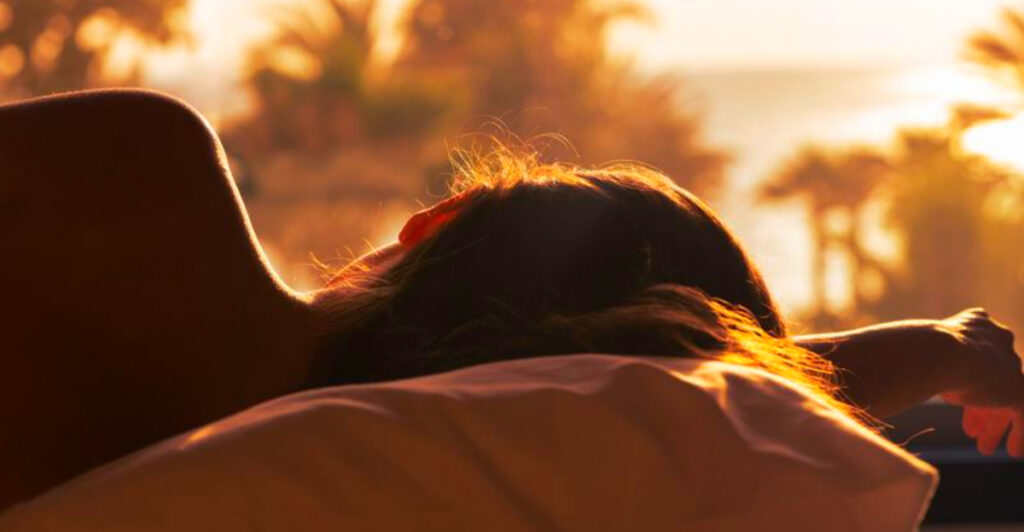Sleeping in unfamiliar places can turn dream vacations into exhausting ordeals. When you’re far from home, even small disruptions can leave you tossing and turning all night. Good sleep doesn’t need to cost a fortune though – with a few simple strategies, you can rest soundly without emptying your wallet. These budget-friendly solutions will help you wake refreshed and ready to explore, no matter where your adventures take you.
Adjust Your Sleep Schedule Gradually
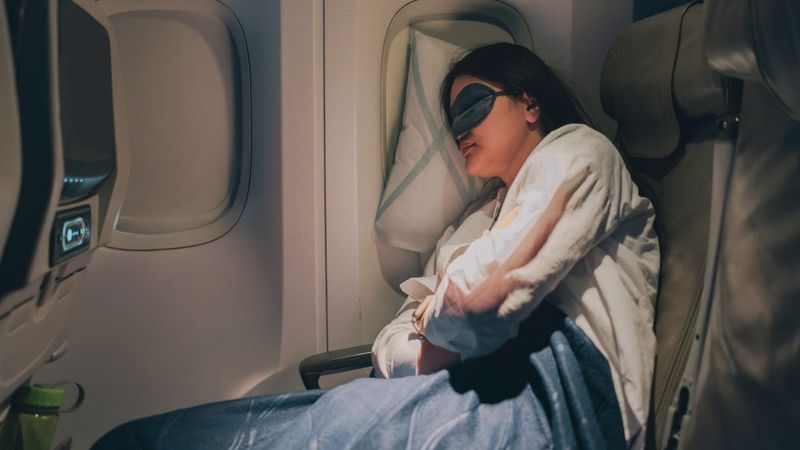
Start shifting your bedtime a few days before departure. Moving your schedule just 30-60 minutes each night toward your destination’s time zone helps minimize jet lag’s worst effects.
Your body’s internal clock responds better to gradual changes than sudden shifts. This simple preparation costs nothing but pays huge dividends in how quickly you adjust upon arrival.
Many travelers make the mistake of waiting until they land to adapt, but preparation is key. Even a partial adjustment before travel can mean the difference between enjoying your first day abroad or losing it to exhaustion.
Pack Your Bedtime Ritual
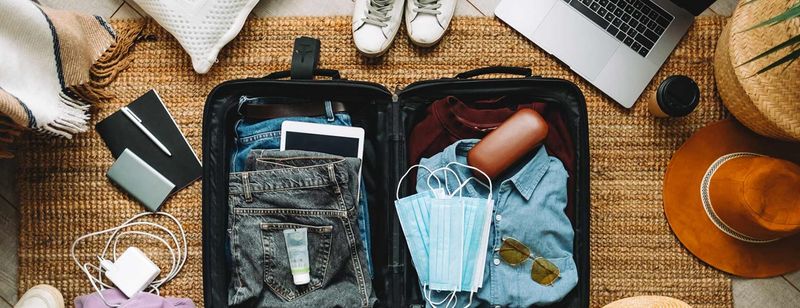
Familiar routines signal your brain it’s time to wind down, even in unfamiliar surroundings. Bring small elements of your home bedtime ritual – maybe your favorite tea bags, a travel-size book, or your regular face wash.
Your brain craves consistency, especially during sleep transitions. When everything else changes during travel, maintaining even parts of your routine provides powerful sleep cues.
A 2018 sleep study found that consistent pre-sleep activities improved sleep quality by nearly 40% in new environments. The comfort of familiar habits costs nothing to pack but delivers remarkable benefits.
Create Your Darkness Sanctuary
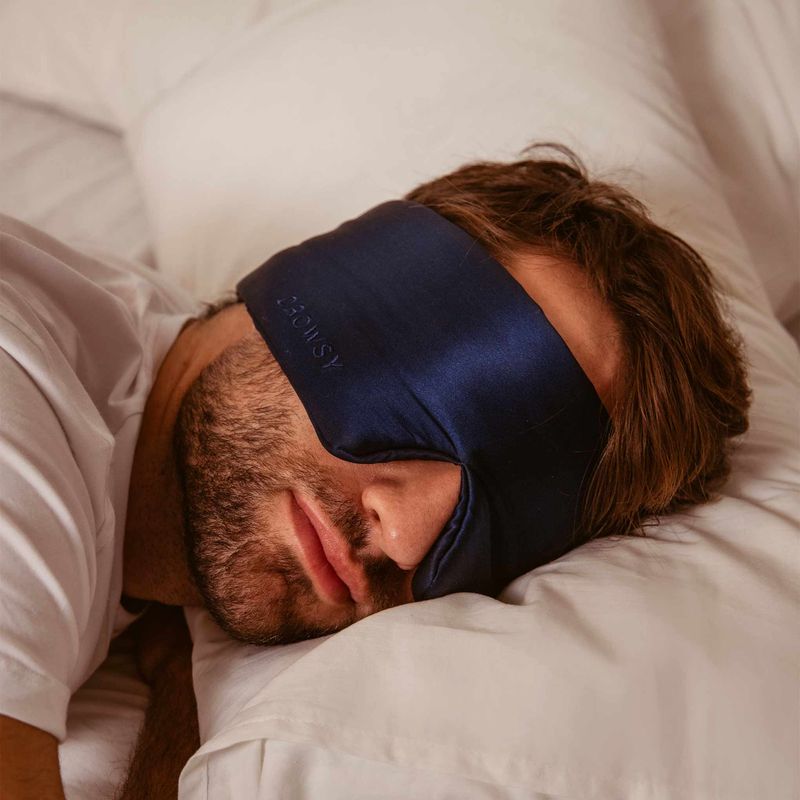
Hotel curtains rarely block all light, but you don’t need expensive solutions. A simple sleep mask costs just a few dollars and creates perfect darkness anywhere. For blinking electronics, small strips of electrical tape work wonders.
Light exposure dramatically affects your sleep quality. Even small amounts of artificial light can suppress melatonin production and disrupt your sleep cycle.
Many experienced travelers also use binder clips to secure gapping curtains. This hack costs pennies but transforms any room into a sleep-friendly cave, regardless of outdoor lighting conditions or time zone.
Master Sound Control On The Cheap
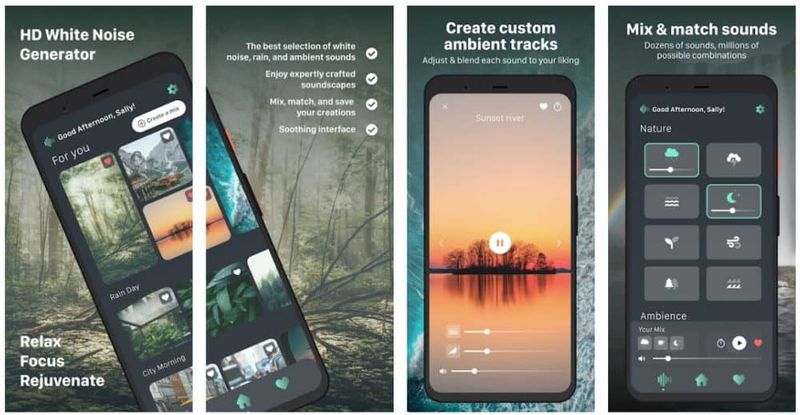
Unfamiliar noises often jolt travelers awake, but sound solutions don’t require expensive gear. Basic foam earplugs cost less than a dollar per pair and block surprising amounts of noise.
Free white noise apps transform your smartphone into a sound-masking machine. The consistent audio backdrop helps your brain filter out disruptive sounds like hallway conversations or street traffic.
Pink noise – a variation with lower frequencies than white noise – works particularly well for sleep. Research shows it not only blocks disturbances but may actually enhance deep sleep phases, improving memory and restfulness without spending a penny.
Harness Sunlight For Better Sleep
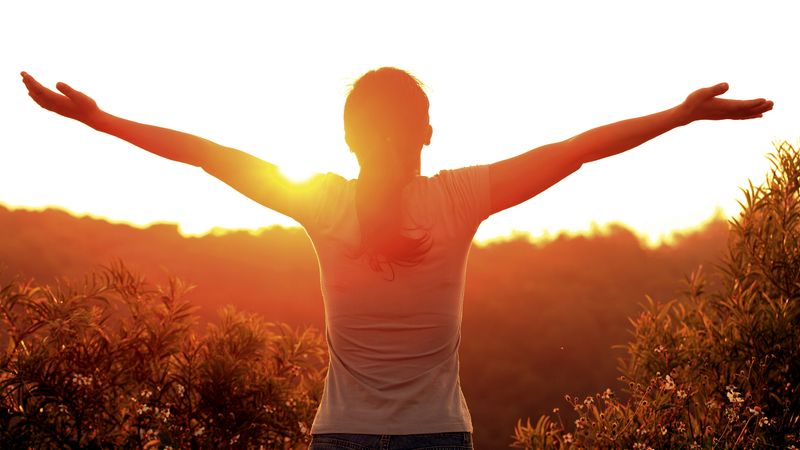
Sunlight exposure powerfully regulates your sleep-wake cycle. Getting morning sunlight at your destination helps reset your internal clock faster than any pill or supplement.
The science is fascinating – morning light suppresses melatonin and increases cortisol and serotonin, signaling your body to align with local time. This natural adjustment method costs absolutely nothing.
For westward travel, seek morning light and avoid afternoon sun. For eastward journeys, do the opposite. This strategic approach to daylight can reduce recovery time from jet lag by up to 50% according to sleep researchers at Harvard Medical School.
Layer Your Sleep Wardrobe
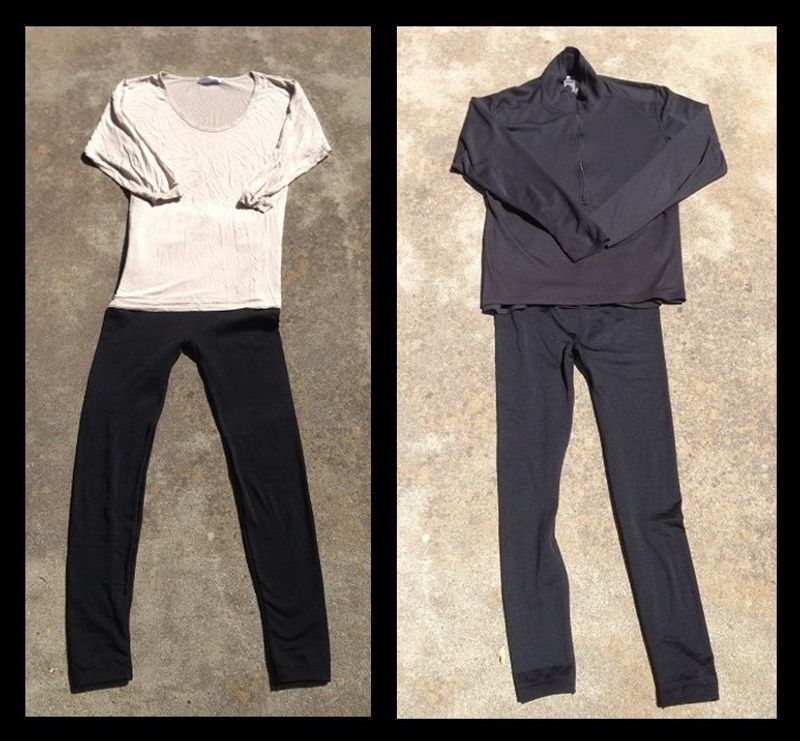
Temperature fluctuations plague travelers, especially in budget accommodations with unreliable climate control. The solution? Layered sleep clothing that adapts to changing conditions.
Lightweight sleep layers allow you to adjust without getting out of bed. Thin socks, breathable pajama pants, and a long-sleeve top that can be removed provide versatile comfort regardless of unpredictable room temperatures.
Merino wool sleep socks deserve special mention – they regulate temperature and resist odor, making them perfect for extended trips. While slightly pricier than cotton, their durability and performance make them worth the investment for frequent travelers.
Mind Your Evening Beverages
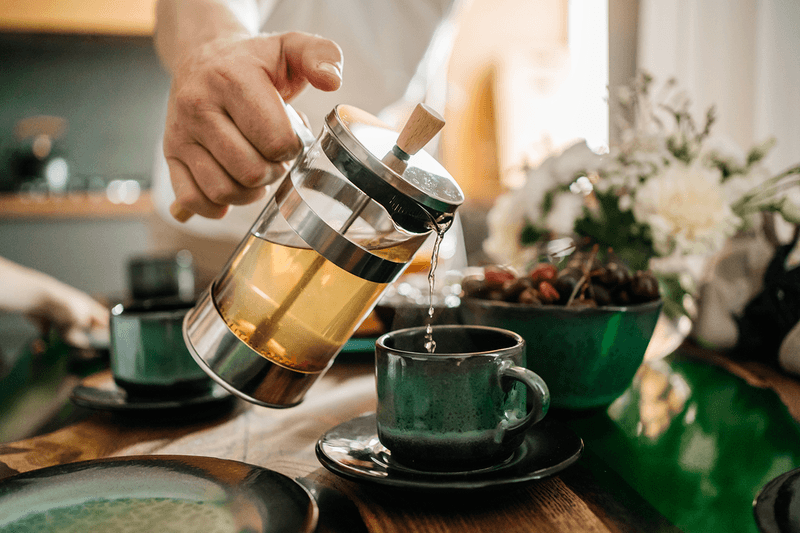
That complimentary nightcap might seem like a sleep aid, but alcohol actually fragments sleep patterns. While it may help you fall asleep faster, it typically causes midnight awakenings and poorer sleep quality.
Caffeine presents similar problems with its 6-8 hour half-life. Even afternoon coffee can disrupt your night’s rest, especially when your body is already stressed from travel adjustments.
Replace these sleep disruptors with chamomile or valerian root tea. These natural alternatives cost roughly the same as a coffee but promote relaxation without side effects. A small travel tin of loose tea weighs almost nothing in your luggage but delivers significant sleep benefits.
Bring Scent Memories From Home
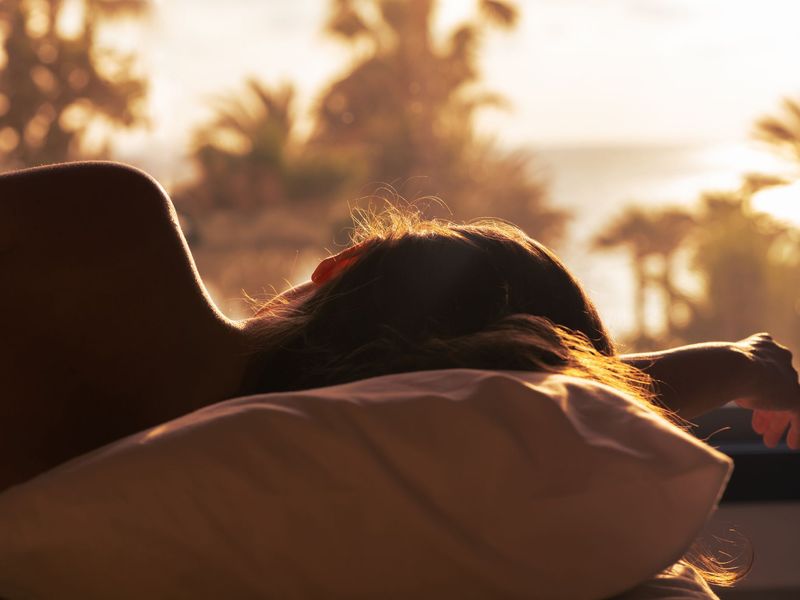
Our brains process scent differently than other sensory information. Familiar smells bypass cognitive processing and connect directly to emotional centers, triggering immediate comfort responses.
A pillowcase used for a few nights before departure carries sleep-associated scents from home. This simple trick costs nothing but dramatically improves sleep quality in strange environments by creating olfactory familiarity.
Some travelers bring small lavender sachets or a travel-size bottle of linen spray matching their home scent. The brain’s powerful association between specific smells and relaxation creates a portable sleep sanctuary wherever you roam, without adding significant weight or cost to your luggage.
Perfect The Power Nap Technique
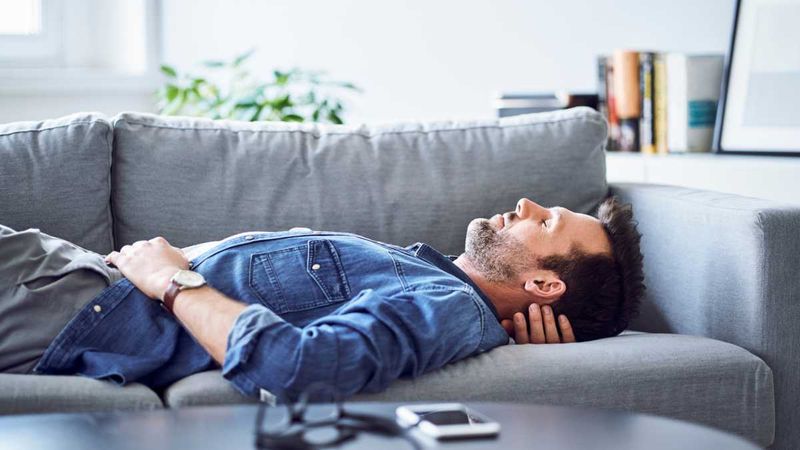
Strategic napping can rescue a trip disrupted by poor sleep without derailing your adjustment to local time. The key is duration – keeping naps under 30 minutes prevents deeper sleep phases that cause grogginess.
Set your phone alarm and find a comfortable spot, even if it’s a park bench or airport chair. Research shows that even a 10-20 minute nap improves alertness by 31% and performance by 34%, helping you enjoy your destination despite sleep disruptions.
For maximum benefit, try the caffeine nap technique. Drink coffee immediately before your short nap – the caffeine kicks in just as you wake, providing a double boost of alertness without interfering with nighttime sleep.
Request The Quietest Room Available
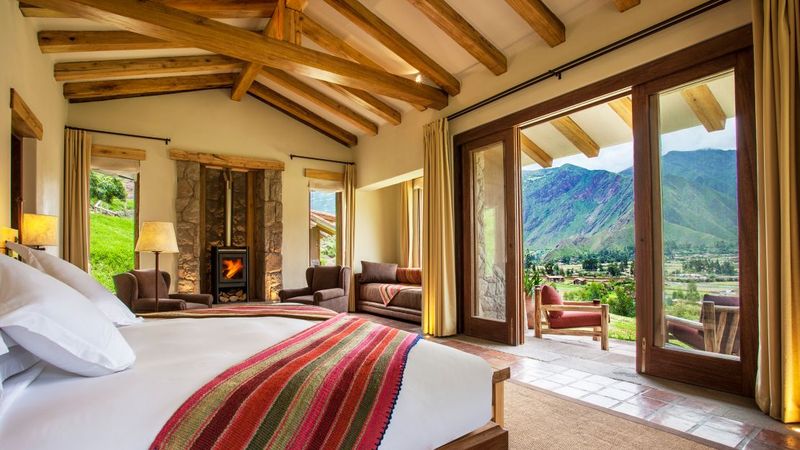
Many travelers don’t realize that simply asking for a quieter room often works. Hotels typically have areas farther from elevators, ice machines, and street noise that they’ll gladly assign if requested.
The magic phrase? “I’m a light sleeper – could you please place me in your quietest available room?” This costs nothing but dramatically improves your chances of uninterrupted rest.
Specific requests yield better results: ask for higher floors (less street noise), rooms away from elevators, or locations facing courtyards rather than streets. Some hotels even maintain specific “quiet zones” that aren’t advertised but are available upon request to guests who prioritize sleep quality.

